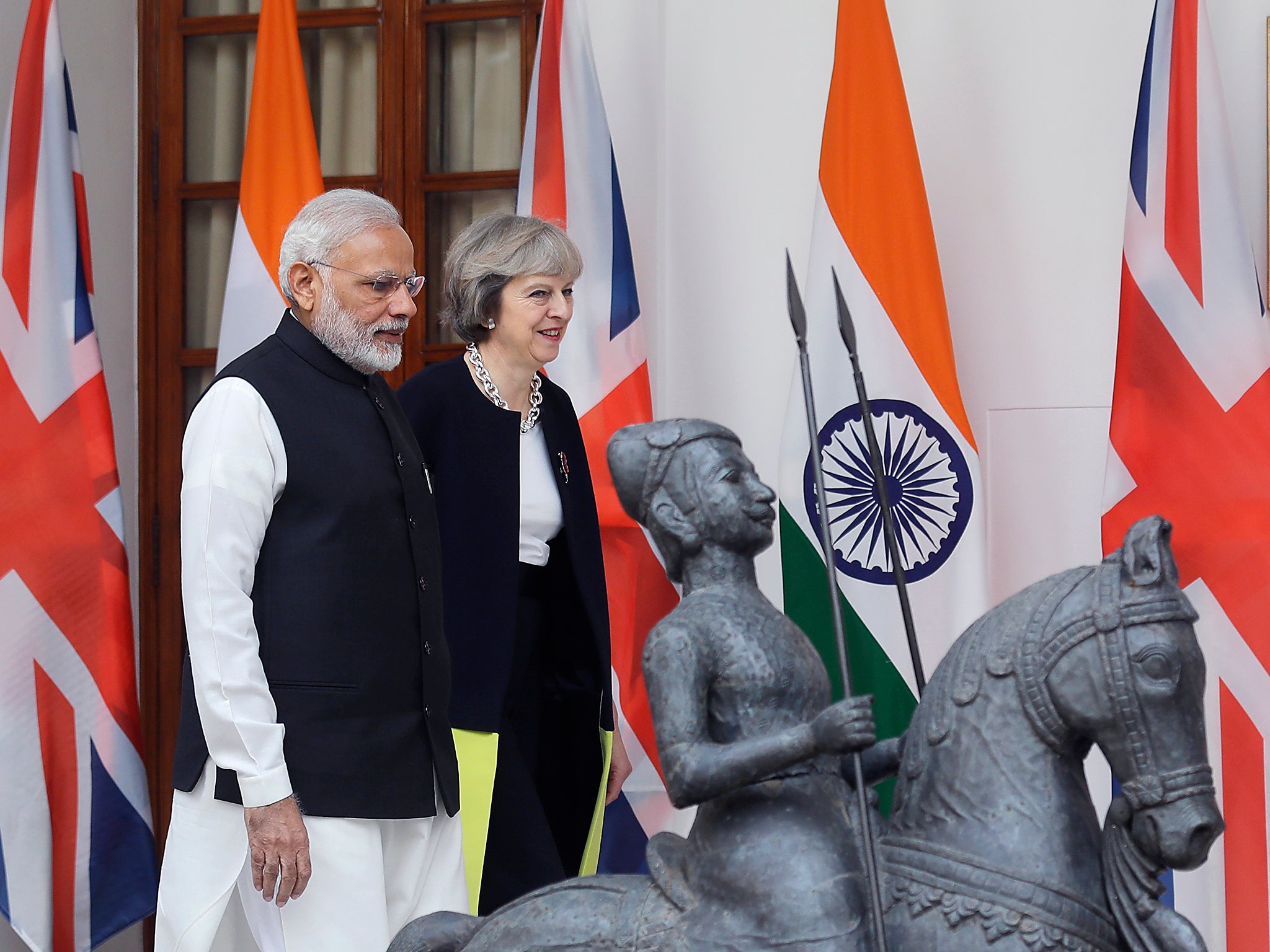Indian minister claims country's economy set to surpass UK
Former colony takes 'big leap', says Home Affairs minister

India’s economy is set to overtake that of its once colonial master Britain, the country's Home Affairs minister has claimed.
Kiren Rijiju announced on Twitter the nation had taken a "big leap" and become the fifth largest economy in the world, behind the US, China, Japan and Germany.
Economists are often wary of comparing the relative size of economies using volatile market exchange rates, generally preferring to use a Purchasing Power Parity measure, which adjusts for differences in local purchasing power.
Even so, India's economy has been expected to surpass the UK in size for quite some time.
It had been predicted to overtake the UK GDP by 2020, but the forecast was revised forward to happening within the next few months earlier in December, prompted by the pound losing a fifth of its value in one year.
And the gap between the nation’s wealth is set to grow. India’s economic growth has rocketed over the last quarter century, growing between 6 and 8 per cent each year, compared to the UK’s growth of one or two per cent.
India’s GDP per capita is still one fifth – or 20 per cent – of that in the UK, meaning that per person, Indians are still far poorer.
An estimated one in five Indians is considered poor, according to the World Bank, with 80 per cent of those living in rural areas, where many are not able to access proper sanitation.
Indians also continue to suffer the consequences of a radical demonetisation effort, which has seen low-income families who rely on the cash economy badly hit.
Nevertheless, the rise in the GDP of the nation above Britain marks a shift in the power balance between India and the West, which is already visible in the nation's trade deals with the UK.
Recently, India refused to back down on its request for more favourable immigration for Indian nationals.
Theresa May has also failed to secure a meeting with the Tata Group, which employees thousands of British workers at a Port Talbot steel plant, a failure that has been seen as a sign of the shrinking status of the UK on the world stage.
The CBI has warned that Ms May needs to take a "whole economy" approach after the UK leaves the European Union.
On Wednesday, the pound was at $1.24 against the dollar, but is likely to drop around 5 per cent to $1.15 after Ms May triggers Article 50, according to a Reuters poll of more than 60 foreign exchange strategists.
Join our commenting forum
Join thought-provoking conversations, follow other Independent readers and see their replies
Comments